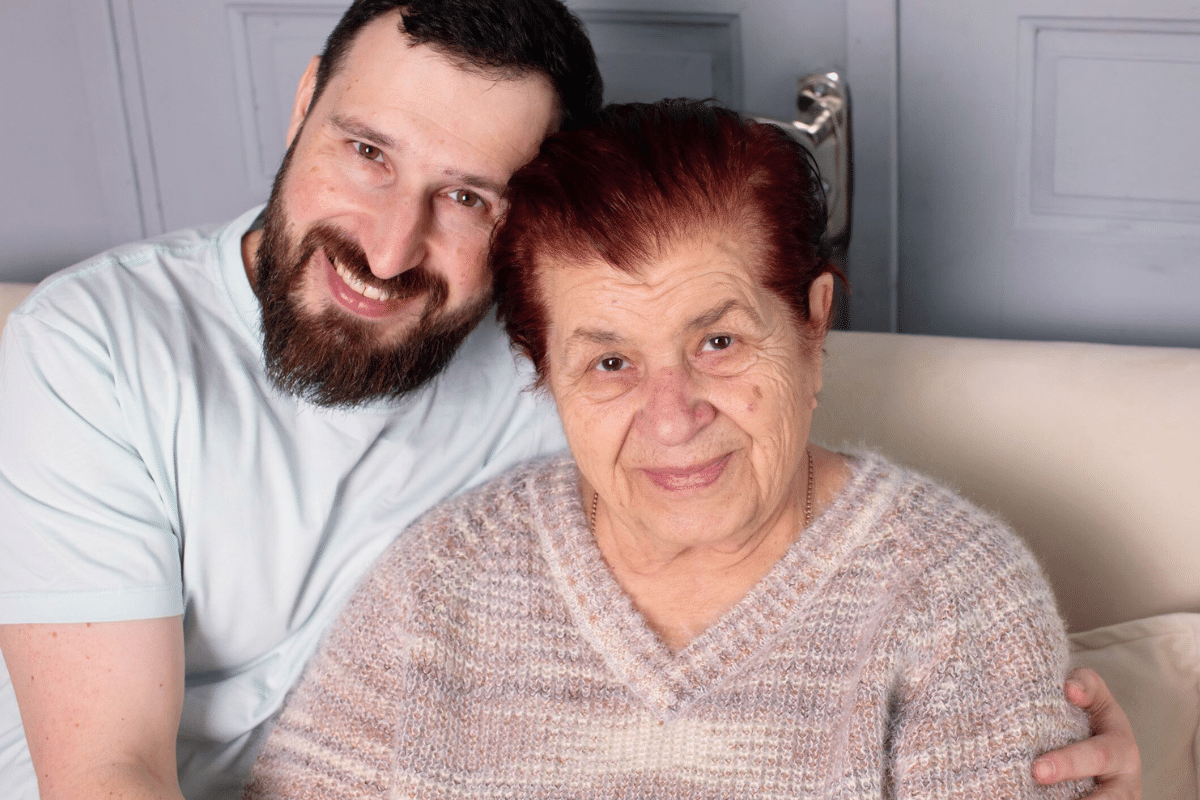November is National Alzheimer's Awareness Month, a dedicated time to shed light on the impact…

Staying mentally healthy in our hyper-connected world is about maintaining a positive outlook and coping with life’s stresses. With increasing life expectancy, prioritizing mental well-being ensures that the golden years are lived with joy, purpose, and clarity.
Why Good Mental Health Matters as You Age
Enhancing Quality of Life
Mental health significantly impacts your quality of life. Emotional well-being allows you to enjoy meaningful relationships, engage in activities you love, and maintain a positive outlook. For seniors, this means continuing to learn, grow, and find joy in daily experiences.
Promoting Physical Health
There’s a strong link between mental and physical health. Seniors with good mental health often experience fewer chronic illnesses and recover faster from injuries or surgeries. A positive mindset can boost your immune system, reduce inflammation, and improve heart health.
Reducing Loneliness and Isolation
Loneliness and social isolation can have severe effects on mental health. Staying connected with family, friends, and community can ward off feelings of loneliness and depression. It’s important to remain socially active and seek support when needed.
Tips for Maintaining Good Mental Health
Stay Physically Active
Exercise is a powerful tool for mental health. Regular physical activity releases endorphins, which are natural mood lifters. Whether it’s walking, swimming, or yoga, find an activity you enjoy and make it a part of your routine.
Practice Mindfulness and Meditation
Mindfulness and meditation can reduce stress and enhance mental clarity. Practicing mindfulness helps you stay present, appreciate the moment, and manage negative emotions. Even a few minutes of meditation each day can make a significant difference.
Foster Social Connections
Building and maintaining relationships is crucial. Join clubs, volunteer, or participate in community events to meet new people. Stay in touch with loved ones through regular phone calls, video chats, or in-person visits.
Keep Your Mind Engaged
Challenge your brain with puzzles, reading, or learning new skills. Keeping your mind active through continuous learning and problem-solving can prevent cognitive decline and keep you sharp.
Seek Professional Help When Needed
Don’t hesitate to seek help from mental health professionals if you’re feeling overwhelmed. Therapy, counseling, and other mental health services can provide support and strategies for coping with challenges.
Mental Health Resources for Seniors
Online Support Groups
Online forums and support groups can be a source of comfort and advice. Websites like AgingCare and DailyStrength offer communities where seniors and caregivers can share experiences and tips.
Mental Health Hotlines
Hotlines provide immediate support for those in crisis. The National Suicide Prevention Lifeline (1-800-273-8255) and the Crisis Text Line (text HOME to 741741) are available 24/7.
Local Community Centers
Many community centers offer mental health programs, workshops, and activities tailored for seniors. Check with your local community center or senior center for resources and events.
Mobile Apps for Mental Health
There are numerous apps designed to support mental health, such as Headspace for meditation, Lumosity for brain training, and MyFitnessPal for tracking diet and exercise.
Government and Non-Profit Organizations
Organizations like NAMI (National Alliance on Mental Illness) and AARP provide resources, education, and support for seniors and their families.
Maintaining good mental health as you age is crucial for living a fulfilling and happy life. By staying active, fostering social connections, eating well, and seeking support when needed, you can ensure that your golden years are characterized by joy, resilience, and purpose.
Remember, it’s never too late to prioritize your mental health. By taking proactive steps today, you can pave the way for a brighter, healthier tomorrow.




Comments (0)